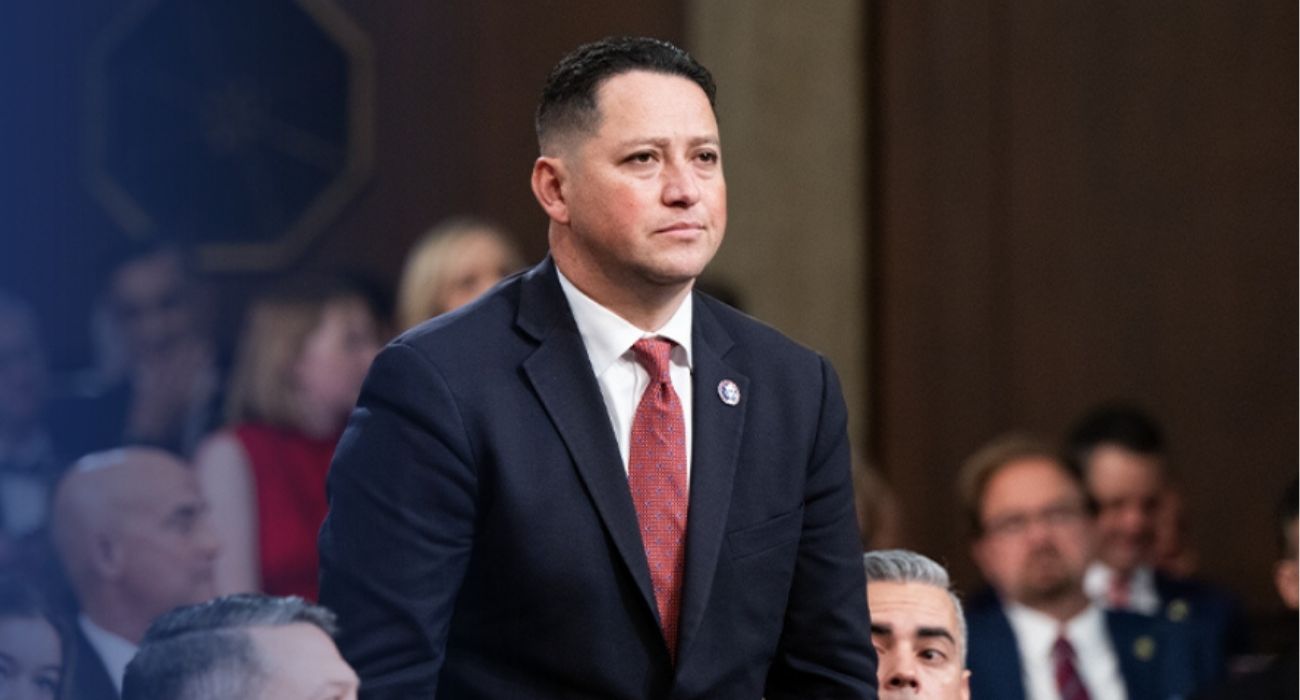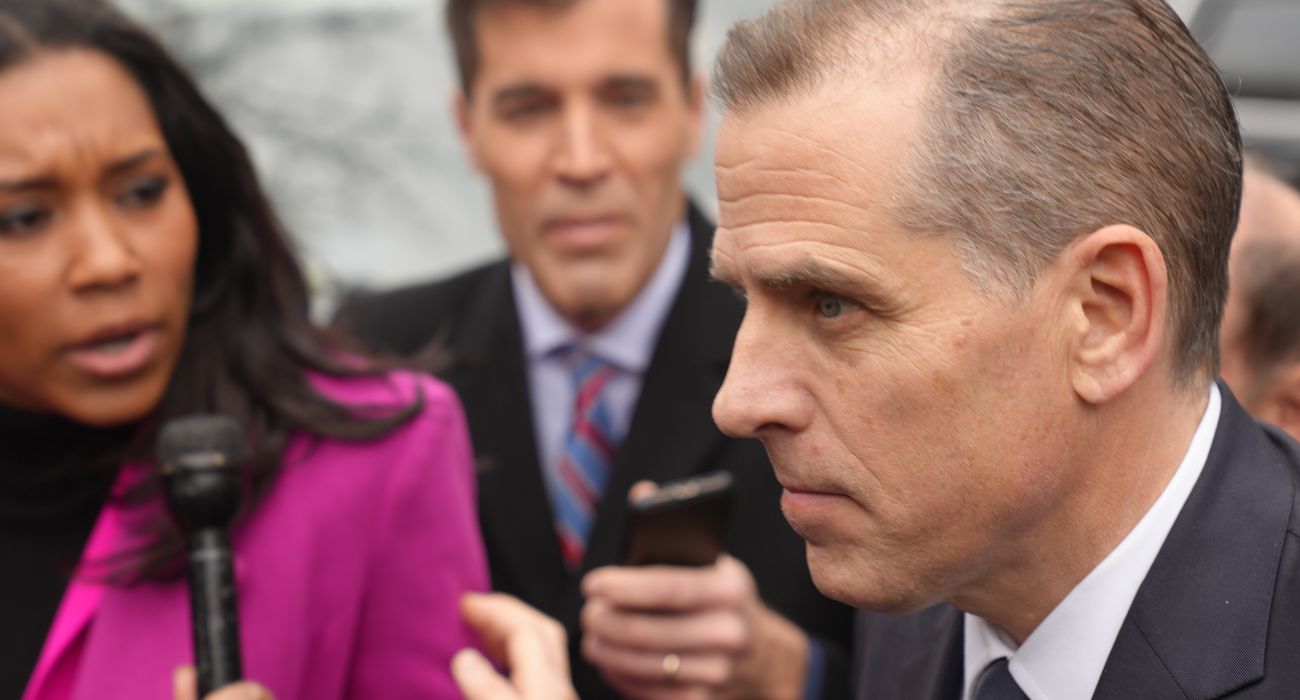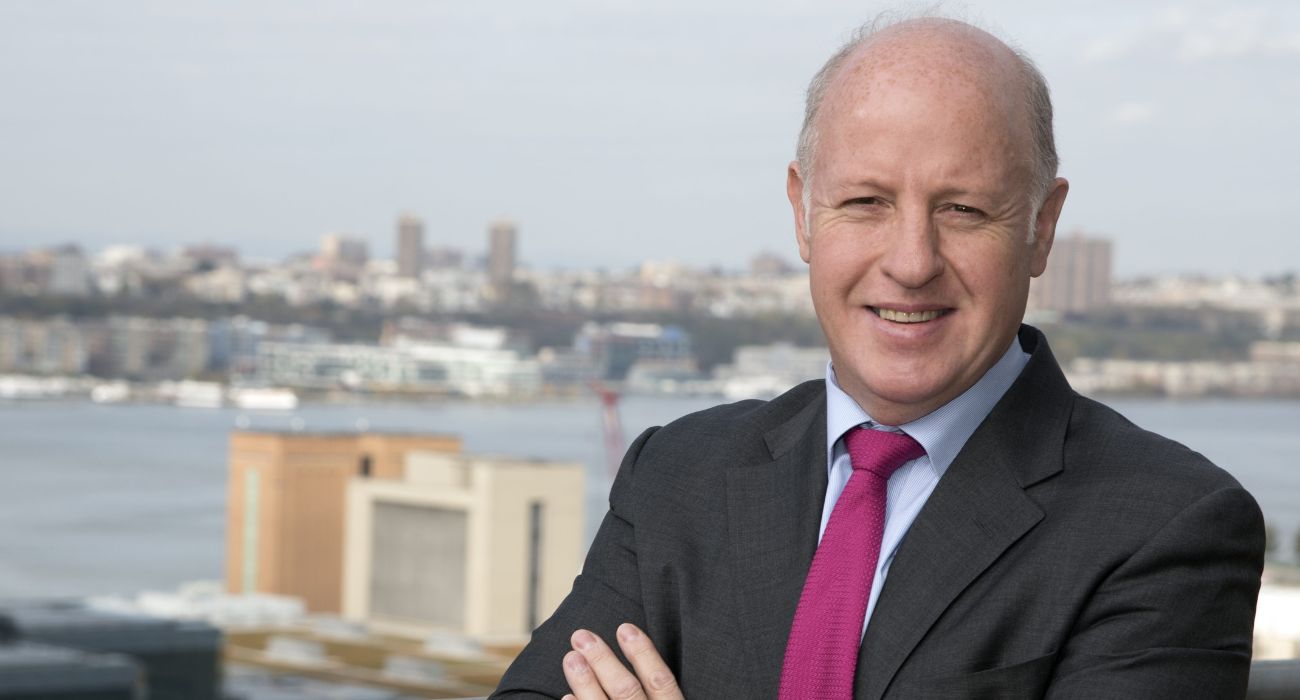Comments made by the Chinese ambassador to France have reverberated across Europe, prompting outrage from former Soviet states and a “clarification” on the part of the Chinese government.
In a television interview that aired last April 21 on French TV, Lu Shaye appeared to suggest that the sovereignty of countries like Ukraine and Estonia — the smaller republics that, along with Russia, made up the Soviet Union — was not necessarily a clear-cut matter.
“These ex-USSR countries don’t have actual status in international law because there is no international agreement to materialize their sovereign status,” Lu said after being asked about Crimea, according to Reuters.
Lu’s comments seemed to upset many European officials.
“Unacceptable remarks of the Chinese Ambassador to France questioning the sovereignty of the countries which became independent with the end of the Soviet Union in 1991. The EU can only suppose these declarations do not represent China’s official policy,” tweeted Josep Borrell Fontelles, the EU’s foreign affairs chief.
PBS reported that Kristi Karelsohn, an Estonian senior foreign ministry official, said, “We hope that representatives of China will refrain from expressing these kinds of opinions in the future.”
In another rebuke of Lu’s comments, according to Al Jazeera,
Lithuanian Foreign Minister Gabrielius Landsbergis stated:
“If anyone is still wondering why the Baltic states don’t trust China to ‘broker peace in Ukraine,’ here’s a Chinese ambassador arguing that Crimea is Russian and our countries’ borders have no legal basis.”
As previously reported in The Dallas Express, European nations have struggled to get on the same page regarding foreign policy concerning China. Some of the differences were put on display earlier in April when French President Emmanuel Macron suggested that France should not just be a “follower” of the United States concerning Taiwan.
Macron’s remarks elicited similar pushback from European officials.
On Monday, appearing to distance the Chinese government from Lu’s comments, Mao Ning, a spokesperson for China’s Ministry of Foreign Affairs, told reporters:
“As to issues related to territorial sovereignty, China’s position is consistent and clear. China respects all countries’ sovereignty, independence, and territorial integrity and upholds the purposes and principles of the UN Charter. … China respects the status of the former Soviet republics as sovereign countries after the Soviet Union’s dissolution.”
It is unclear whether China’s rather explicit affirmation of post-Soviet states’ sovereignty will be enough to quell the discord Lu’s comments caused, as several countries have already summoned their resident Chinese ambassadors for clarification.






